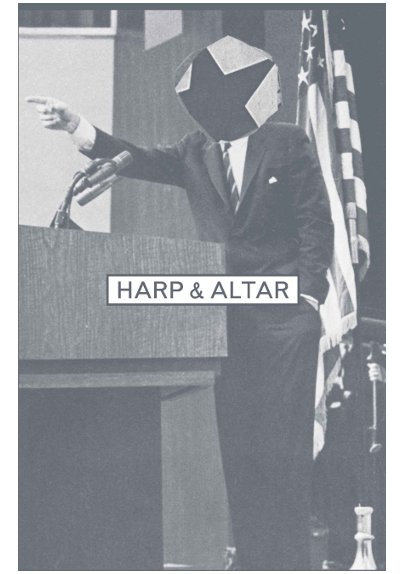
after reading SAVAGE DETECTIVES — whose psychotropic magics utterly redistricted my limbic system — i’d decided to take my bolaño in little bits and had stayed away from 2666, saving it up i think.
just now i’ve finished it. and, while it wasn’t the same experience as SAVAGE DETECTIVES (which, relatively speaking, is more suffused with intoxicating romantic ideas) 2666 indeed was another complete deracination. rather than romantic epic, this work — the primary effort of the last five years of bolaño’s life — is a fearless, everything-risking tome on violence, history, sex, death and (the banality of) evil. after finishing it i feel changed in only a way, at least it seems to me, a novel can change you.
one important aspect of the book maybe to mention is its tedium. the book can be tedious. or, better said, it risks tedium to make a point about time and evil. especially this is true for a 300 page section called THE PART ABOUT THE CRIMES, which makes a fiction from the real violent deaths of hundreds of women in Ciudad Juárez, Mexico — a mass murder given the grim name feminicidios.
an achievement only possible by a very great writer is this slowly unfolding effect, precisely built on tedium and our too-easy habituation to our race’s various evils. the reader is allowed, finally, to comprehend her or his habituation — with no small amount of horror.
_______________________
and two quotes from early and late in the book that might serve as self-descriptions of his method:
“On the front flap, the reader was informed that the testamento geometrico was really three books, ‘each independent, but functionally correlated by the sweep of the whole’…” (186)
“The style was strange. The writing was clear and sometimes even transparent, but the way the stories followed one after another didn’t lead anywhere: all that was left were the children, their parents, the animals, some neighbors, and in the end, all that was really left was nature, a nature that dissolved little by little in a boiling cauldron until it vanished completely” (887).
_________________________
also of potential interest: the translator has some “Notes Toward an Annotated Edition of 2666” here, which has this fine witticism:
“Proposition: Part I of 2666 as satirical sequel to The Savage Detectives. The visceral realists, young idealists, have grown up to become professors of literature, still seekers but no longer idealistic, writing scholarly papers instead of poetry and feuding with academic rivals instead of opposing schools of poets.”
_________________________

also: marcela valdes has a great long piece on 2666 in the nation. of particular interest is her description of bolaño’s relationship to the journalist and writer gonzález rodríguez, who took on the life-risking task of investigating the juárez murders. bolaño seems to have based much of his novel on details from rodríguez. there’s, for instance, a person who seems to be the partial basis for klaus haas named abdul latif sharif — and it is at a press conference held by sharif (eerily similar to ones in the book) that rodríguez comes to a pivotal conclusion about the case:
That day González Rodríguez watched a tall, middle-aged man with green eyes talk to some thirty reporters. Sharif Sharif barely spoke Spanish–he’d lived in Mexico for less than a year–so he gave his presentation in English while a bilingual reporter translated. What he said sounded like a soap opera. According to Sharif Sharif, the femicides were being committed by a pair of rich Mexican cousins, one who lived in Juárez and the other just over the border in El Paso. He told a love story involving one of the cousins and a poor, beautiful girl from Juárez. The press corps was annoyed–they exchanged glances, cracked jokes. González Rodríguez felt pretty skeptical himself, but the critic in him was intrigued by Sharif Sharif’s style. Rather than pound his chest and declare his innocence, the suspect calmly recounted his ninety-minute tale. He seemed to believe that if he provided an alternate explanation for the murders, the charges against him would be dropped.
At the end of the session, González Rodríguez introduced himself to a local reporter. In a park near the prison, the two chatted about the strange presentation. A mother and her daughter approached them.
Are you journalists? the mother asked.
Yes, they answered.
Then we want to tell you something we think that you should know.
The 14-year-old girl beside her wore a T-shirt, jeans and sneakers. She told the reporters that the Juárez chief of police had forced her to accuse The Rebels. The chief, she said, had taken her by the hair and banged her against a wall until she agreed to say exactly what he told her.
For González Rodríguez, perspective suddenly shifted. Old facts (the nightclub sweep, the escalating charges against Sharif Sharif) glittered in a new light: the police were beating witnesses. “This,” he thought, “is the undercurrent.”
Read the full article, which includes more background material and a nice portrait of bolaño and rodríguez’s friendship, here.





